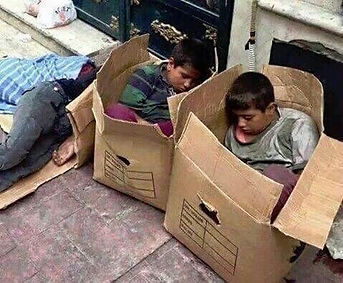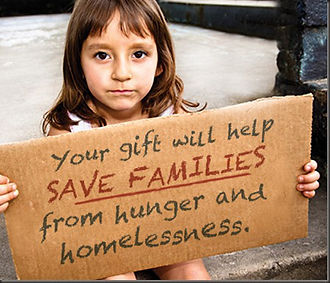So... why do we help? Why don't we? A social psychologist's response
h, the cliche hand dipped in bright, happy paint. Tell me: why do hands symbolize helping? Why is it that when you type "helping" into Google, all that comes up are dramatic pictures of hands reaching out, hands embracing one another, different color hands, lots of rainbow hands coming out of a hand tree trunk? You get it. Lots of hands.
Is it that we all have hands and therefore we are all capable of helping? Or maybe that helping should ideally include two sets of hands, emphasizing the importance of person-to-person collaboration? Could it also be that in order to make a difference and implement social change, you need to get your hands dirty? And yes, that was a hand pun.
O
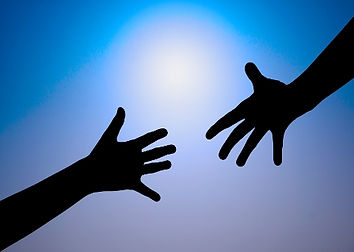
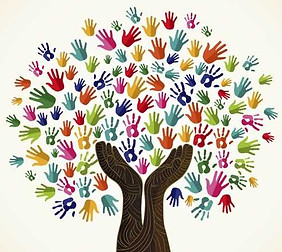


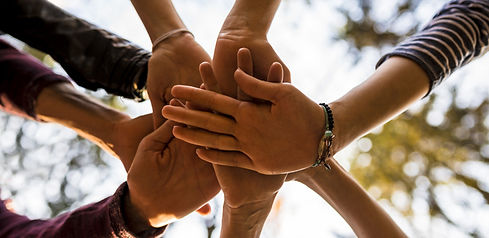
Wow. Hands. Overload.
Where were we? Oh right, Social Psychology.
ortunately for us, social psychologists have been able to conduct a significant amount of research on the concept of helping. When Watson et al., (1981) tried to tackle the question, why do we help, he characterized the answer into two reasons: Egoism and Altruism. We sometimes help because we are focused on ourselves and we want to increase our own welfare (egoism) AND we sometimes help to increase the welfare of someone else, regardless of our personal consequences (altruism).
So, in the context of our topic, homelessness, if egotistic motives are the main driver for helping, we may decide to assist someone who is experiencing poverty because, when we see them, we feel that horrible, uncomfortable feeling inside and we want to get rid of those guilty feelings. This is known as Negative State Relief Hypothesis. We are doing something to ultimately make ourselves feel better, relieving ourselves from a negative emotional state. Think about it: as shallow as it sounds, nod your head if you are personally guilty of it. I certainly am.
owever, on the other side of the coin, if altruistic motives are the main driver for helping, we may decide to assist someone experiencing poverty because perhaps we also, at one point in our lives, lived below the poverty line, know what it is like to not have a large enough income, didn't know where our next meal would come from etc. This is known as Empathic Concern, the tendency to help someone when you identify with them and, on some level, understand what that person is experiencing.
While the egoism and altruism examples above are by no means perfect, at least people are helping. What about when we don't help? Beaman et al., (1978) conducted a study where one group of students sat in a lecture and learned about factors that hinder helping behavior in emergency situations. A different group of students attended a completely different lecture with a random subject, therefore not receiving any content about helping in emergency situations. The researchers hypothesized that individuals who received this information on helping behaviors would be more likely to offer assistance than those who were not exposed to this information.
Immediately after attending the lecture, as hypothesized, the students who were exposed to the lecture on helping strategies were considerably more likely to help a fellow student lying on the ground as opposed to the group of students who were not in that lecture. But... after a two-week delay, both groups of students returned to the same level of minimal helping.
hat's it? People who only help part of the time are just fake? Well, it's a little bit more complicated than that. What we can take away from this study is that when we are reminded that helping is good and actually positively benefits other people, we are more likely to do it.
Is it that we just forget to help? Do we really need a reminder to say, "Hey! Yeah you, there are other people in this world that need your help." Do we really need someone else to remind us that our problems are not the only problems?
Perhaps this is a little harsh, but it also sounds on the money, does it not? Maybe it isn't that we are fake and do not genuinely enjoy helping, but rather that all we need is a small reminder. Based on these findings, it seems appropriate that I wish you a Congratulations! Simply by taking the time out of your day to read through this project, you are now more likely to help others in need.
But, if that drive, that passion, that awareness evaporates in a matter of weeks, returning to our mediocre selves, are congratulations still in order? Where do we go from here?
F
H
T
